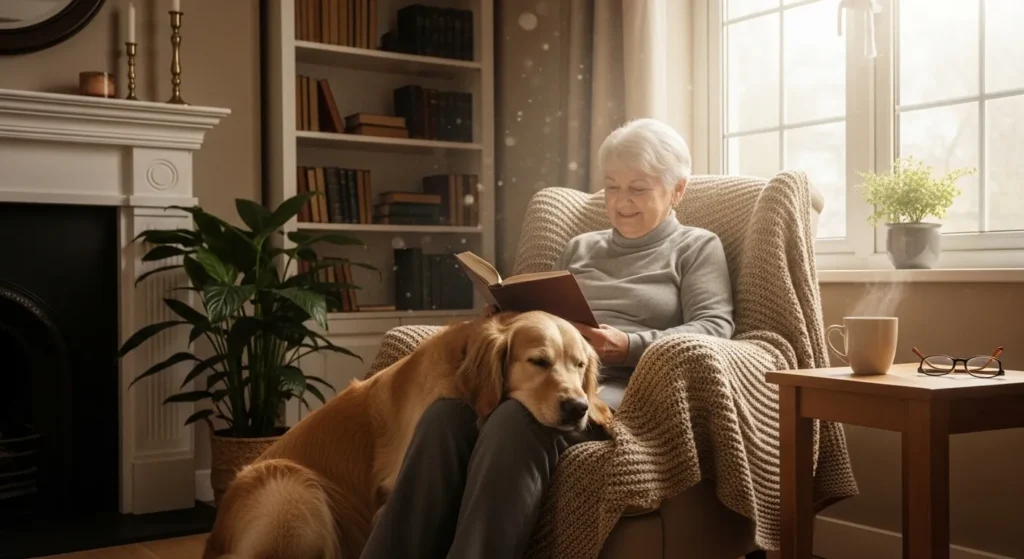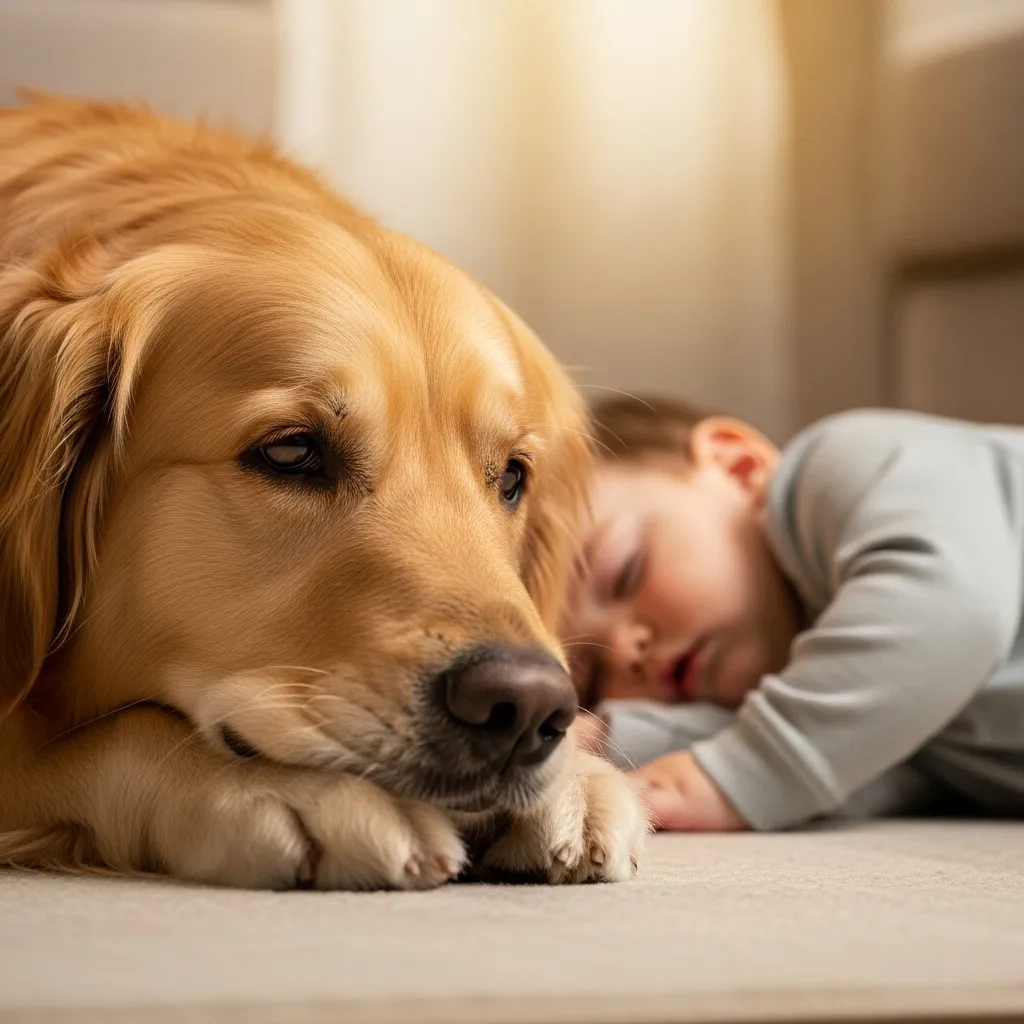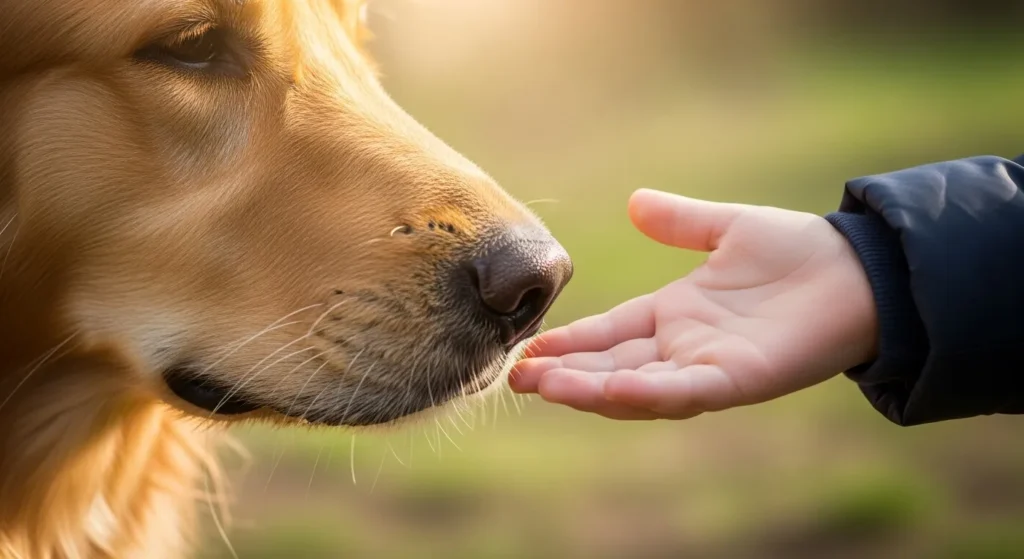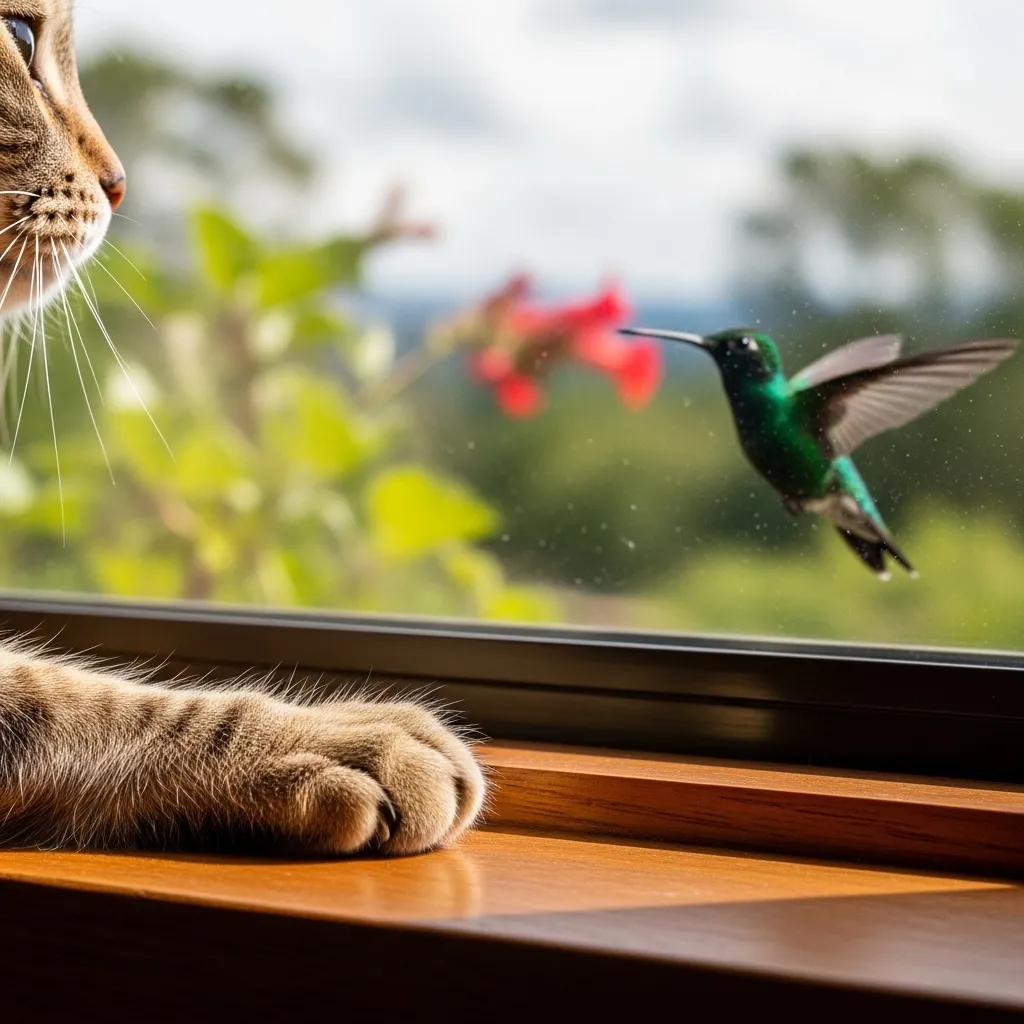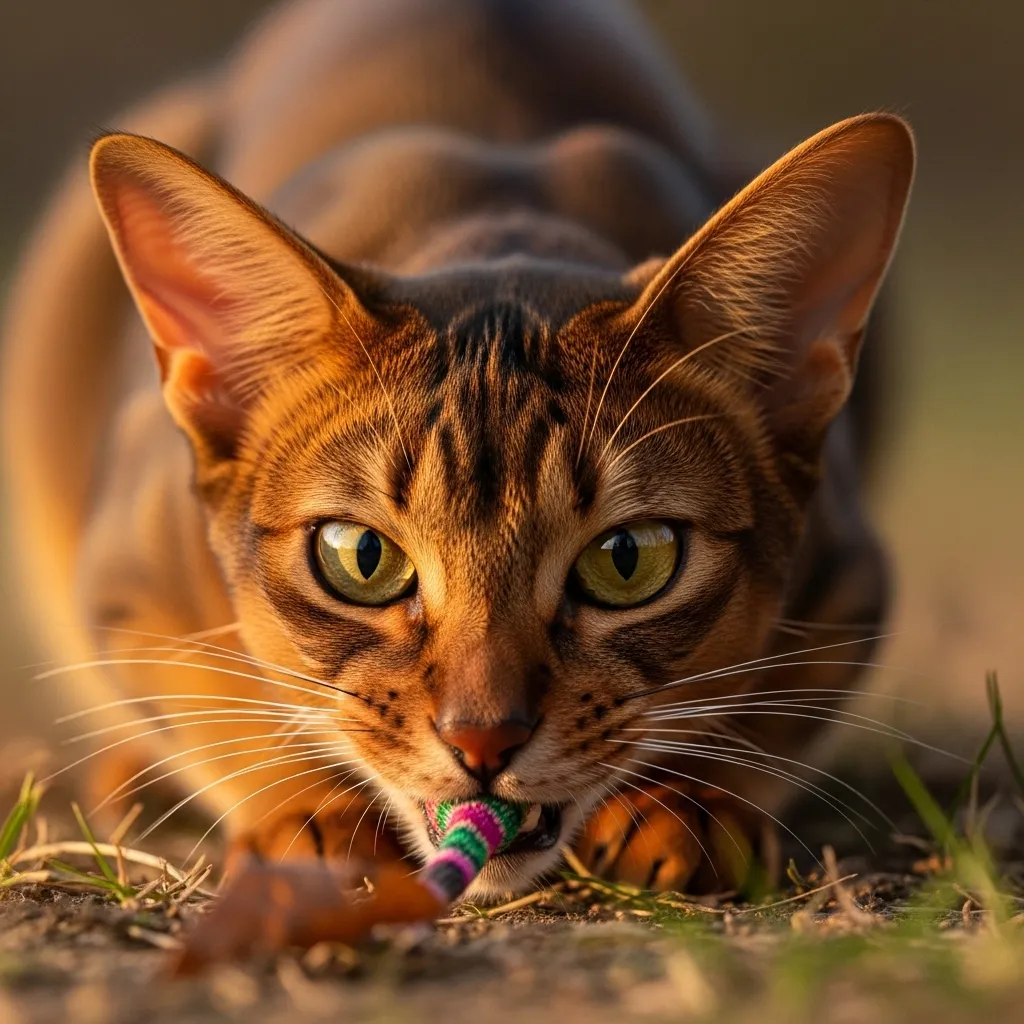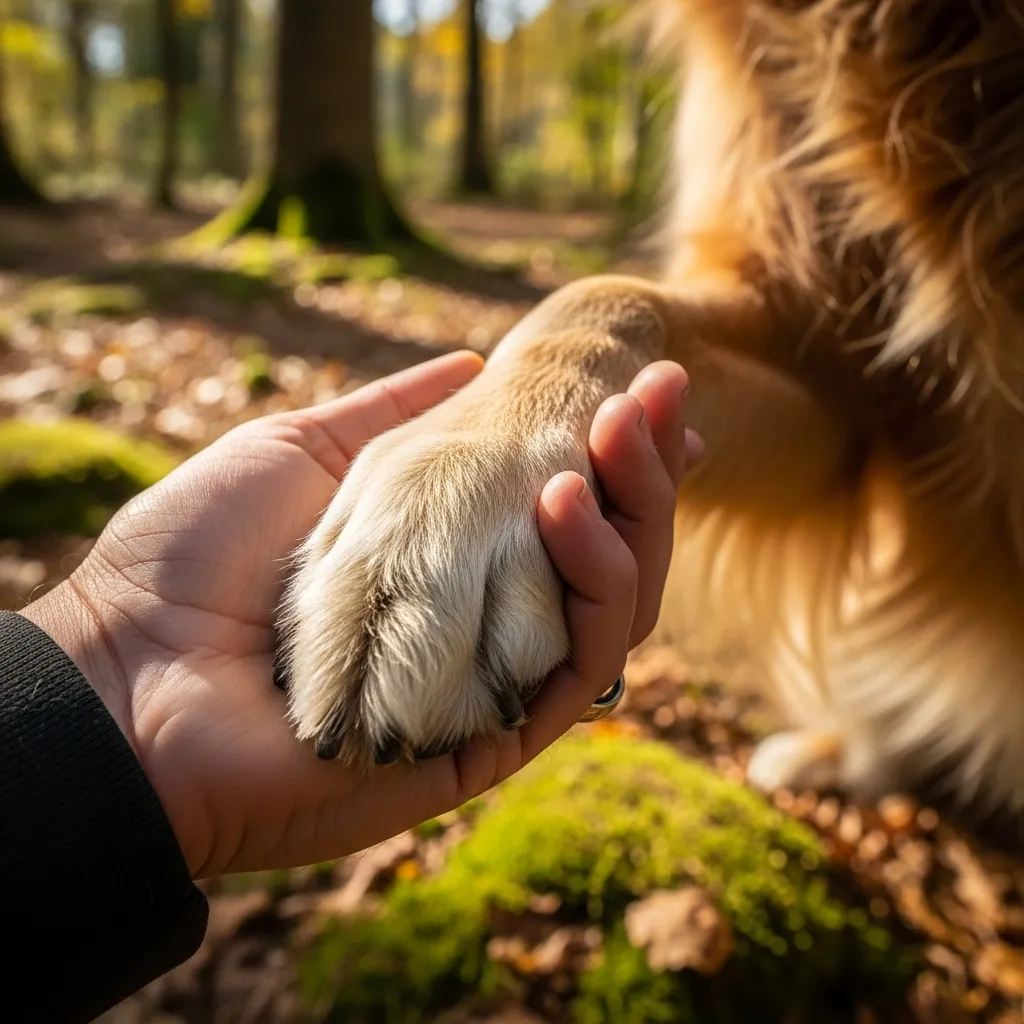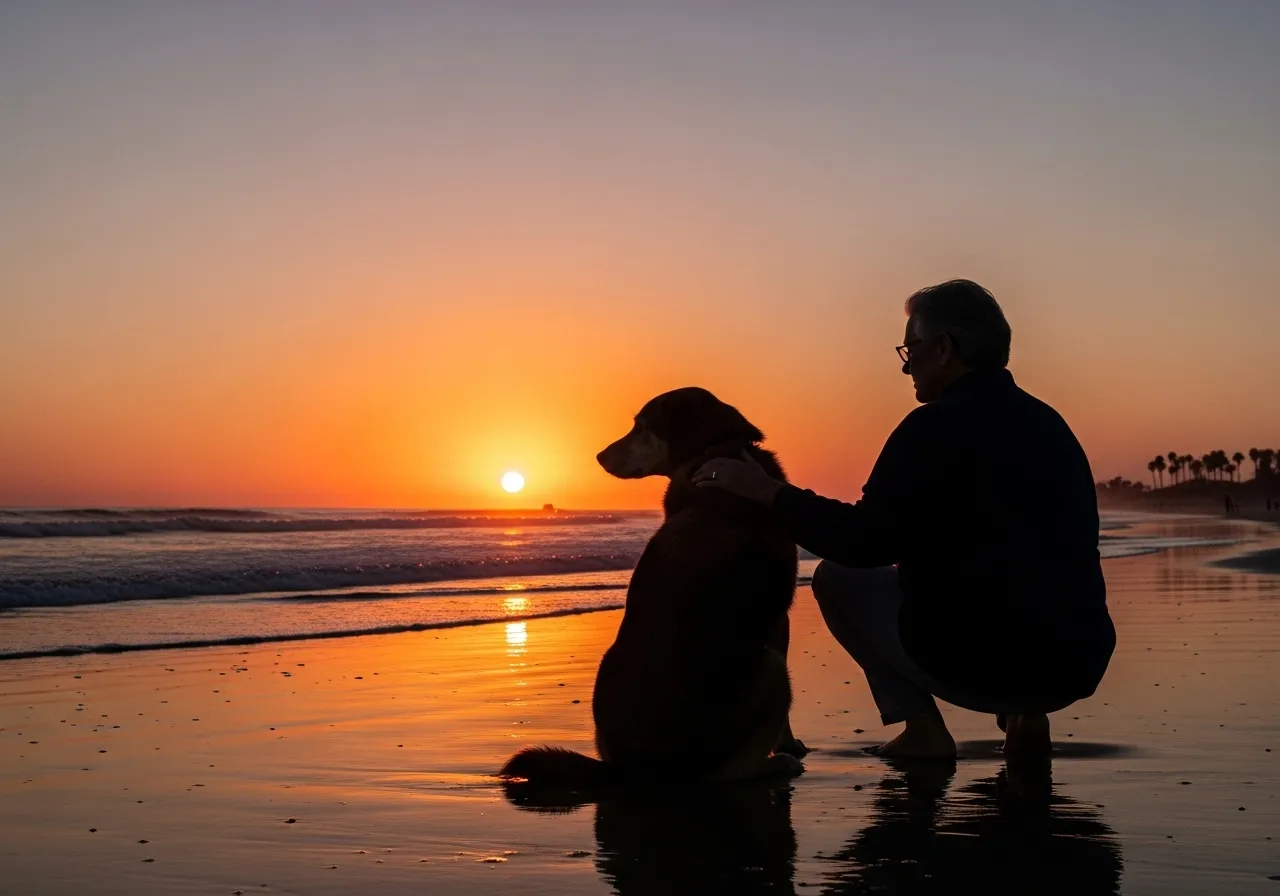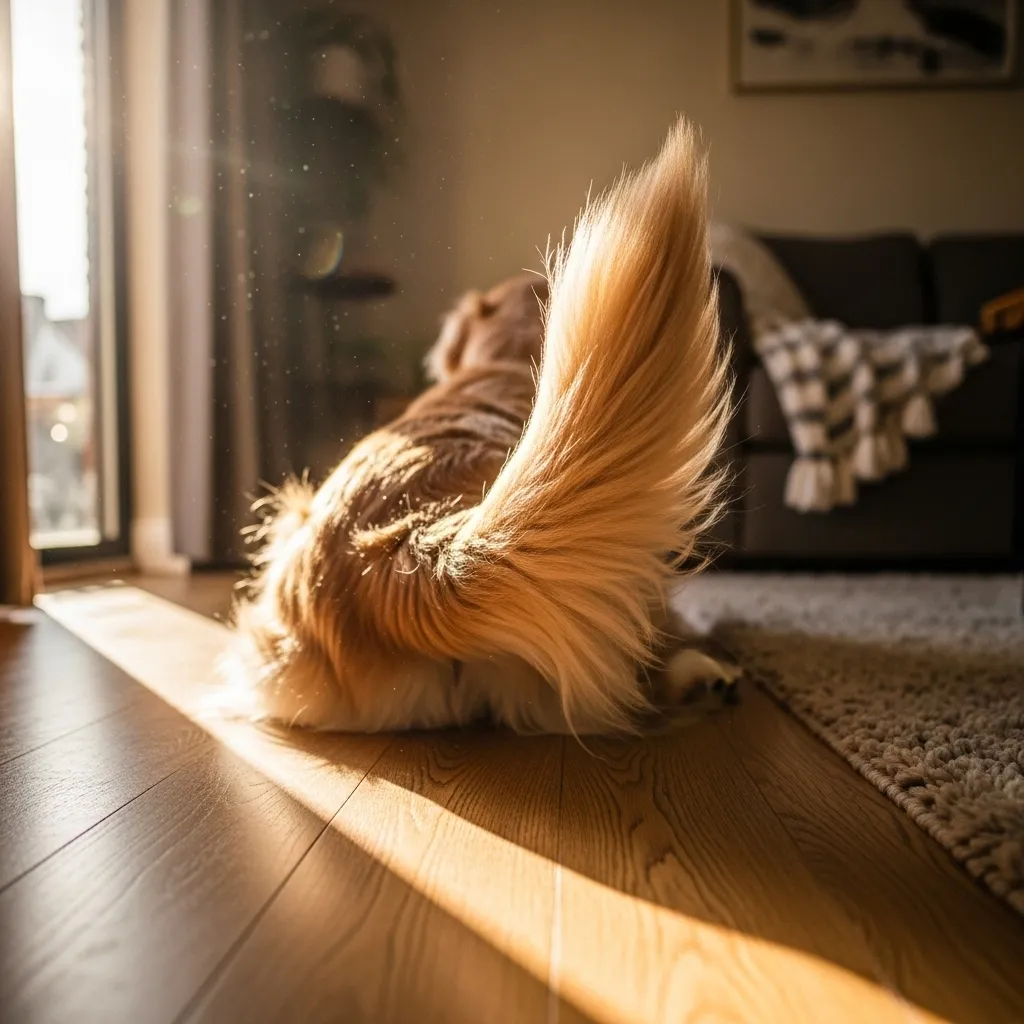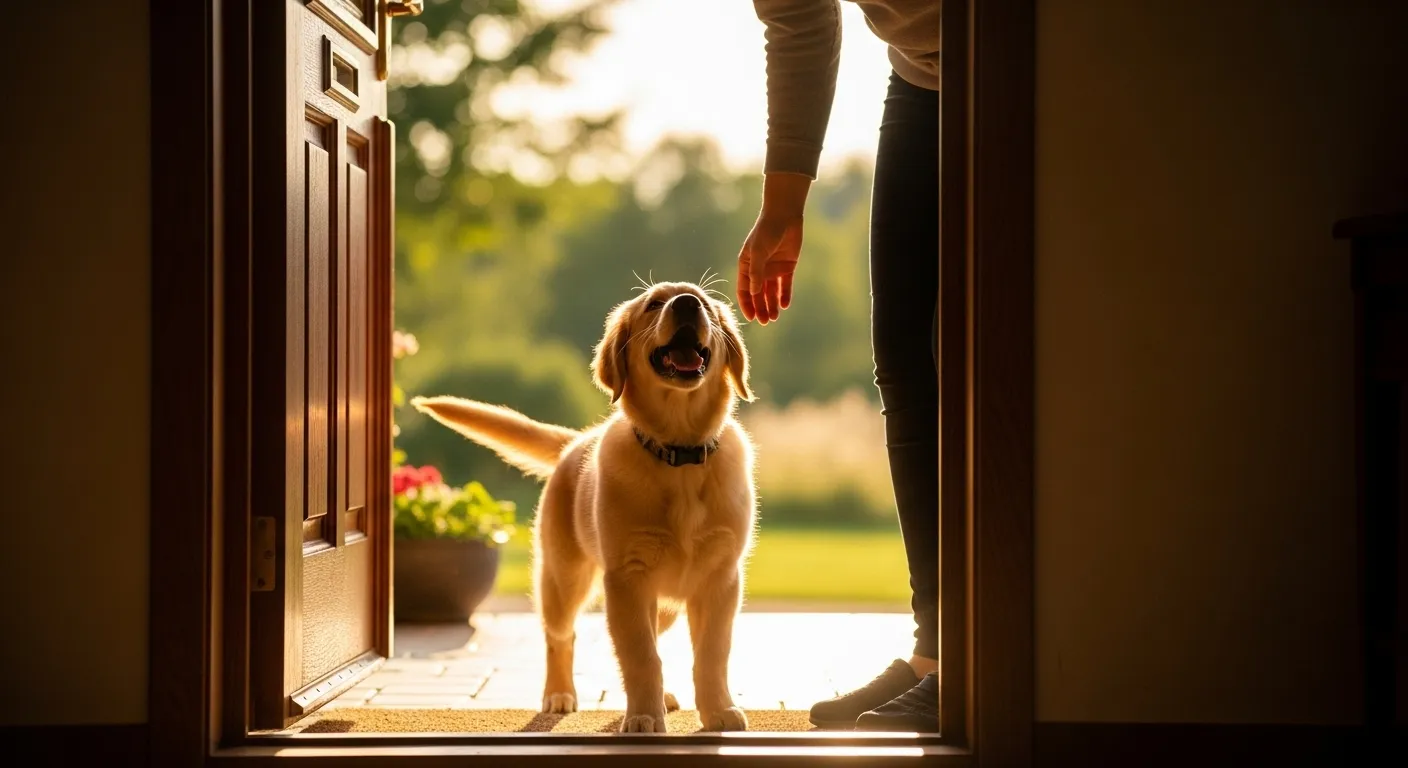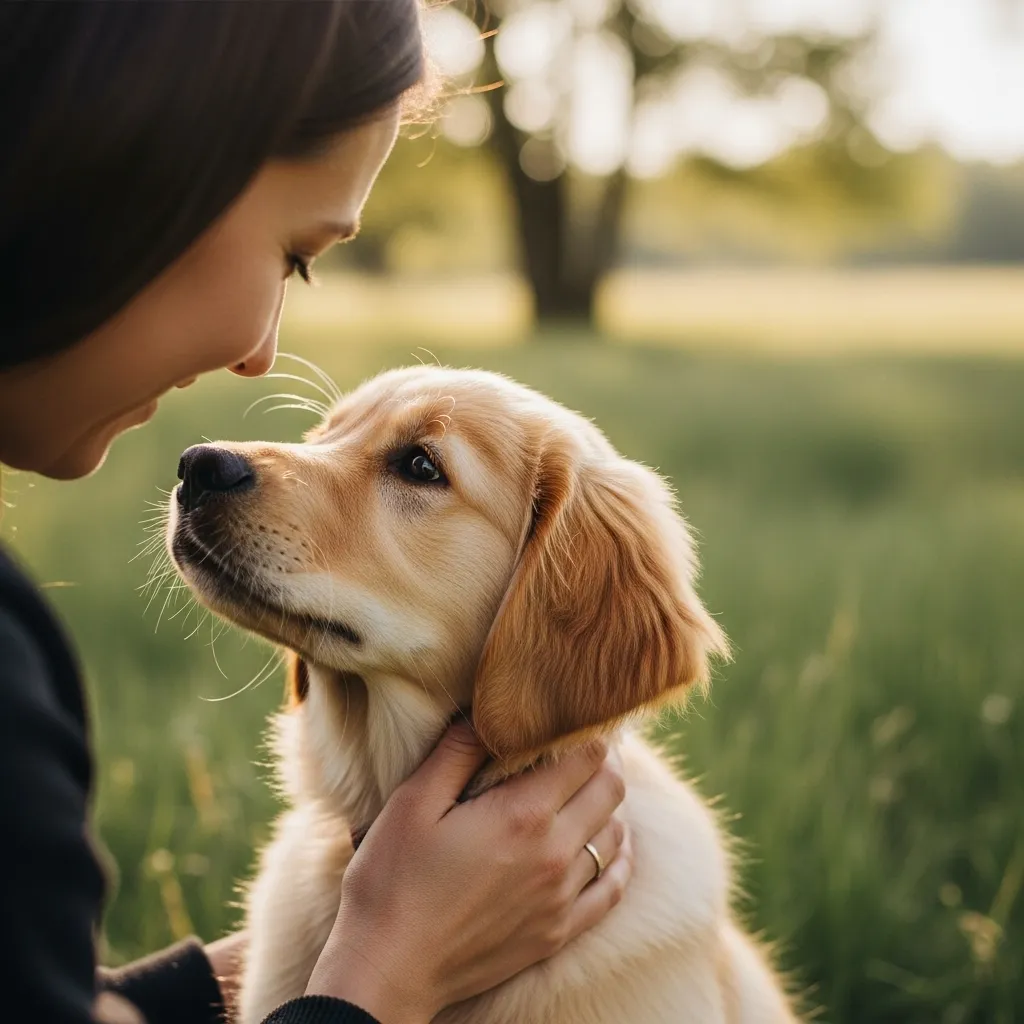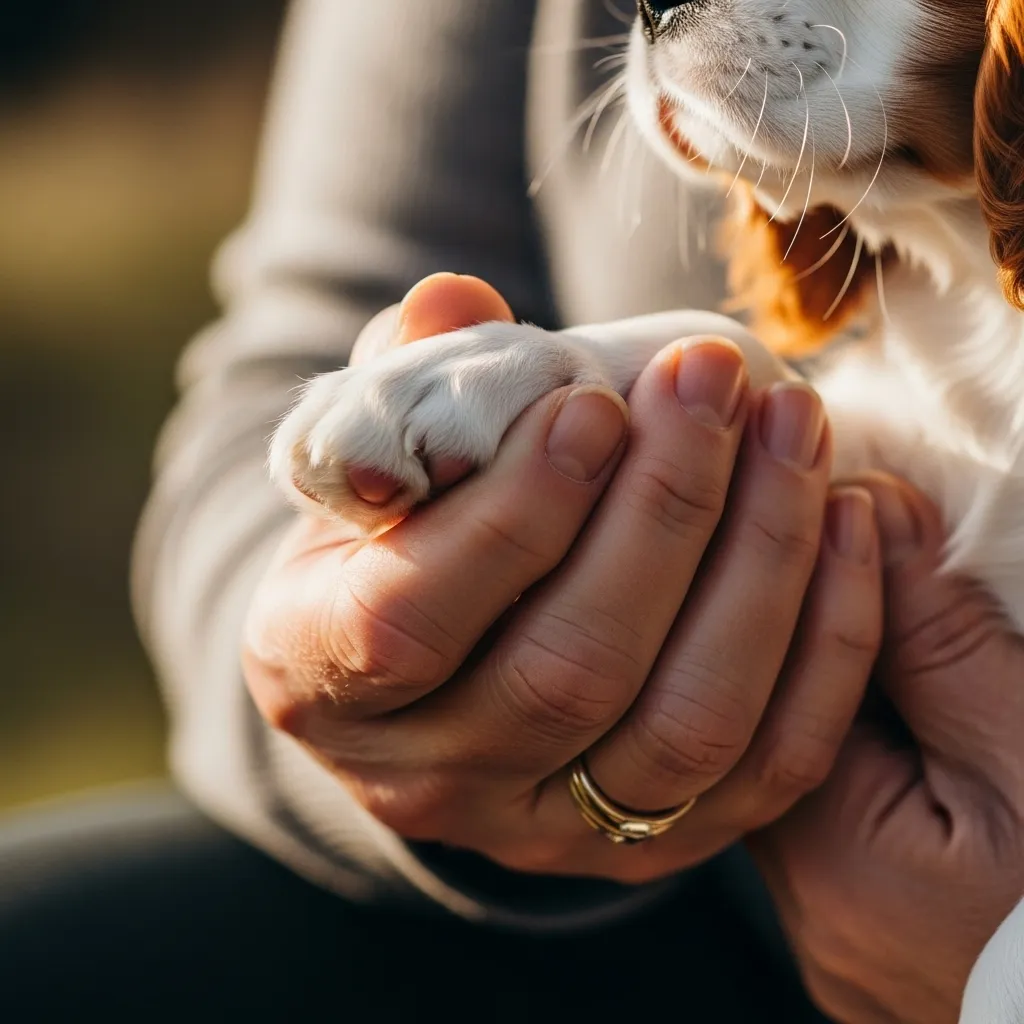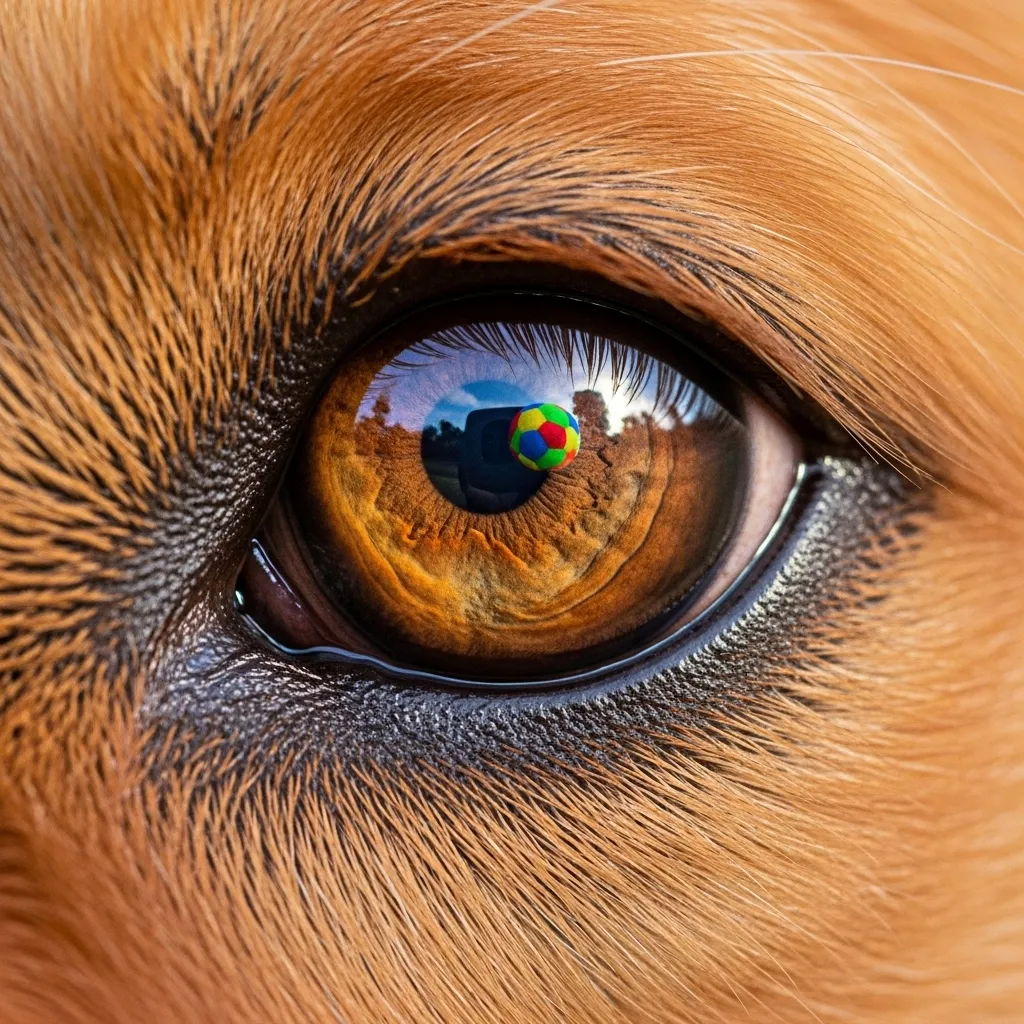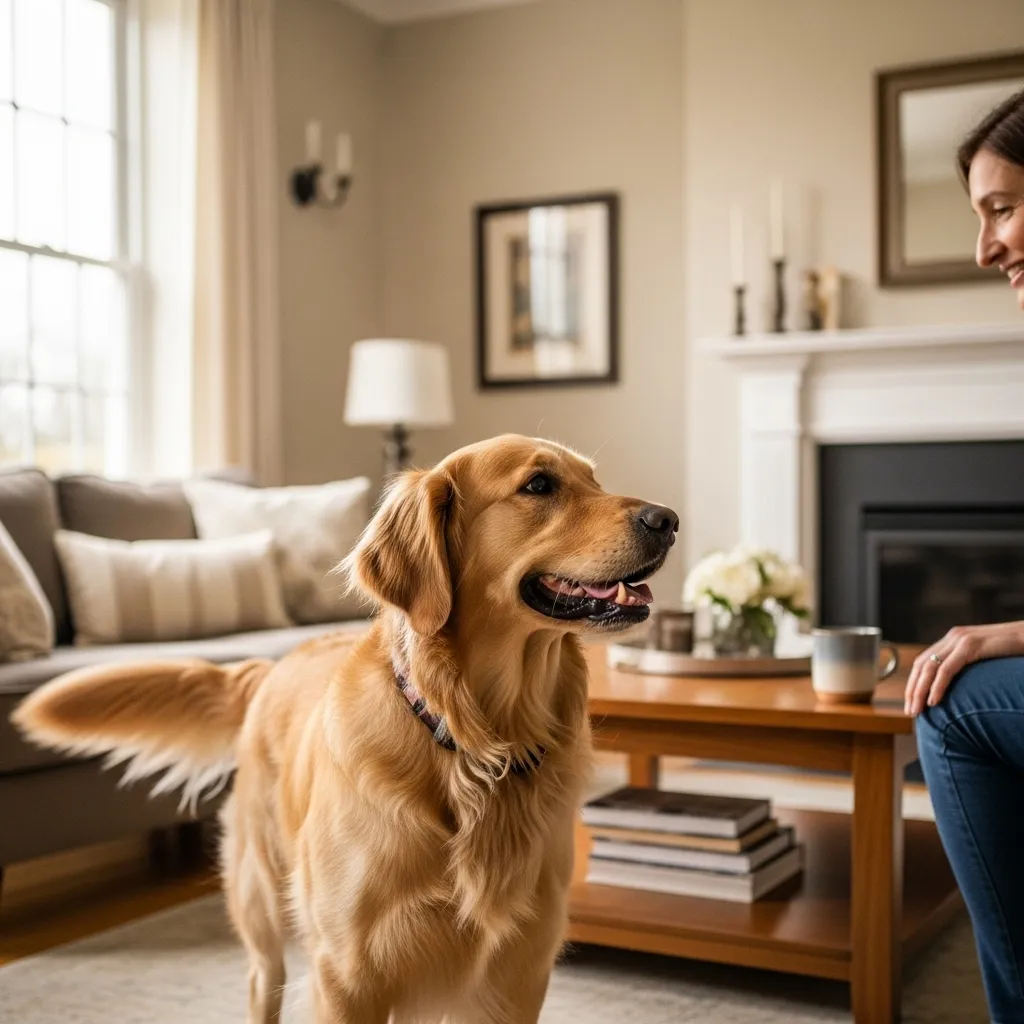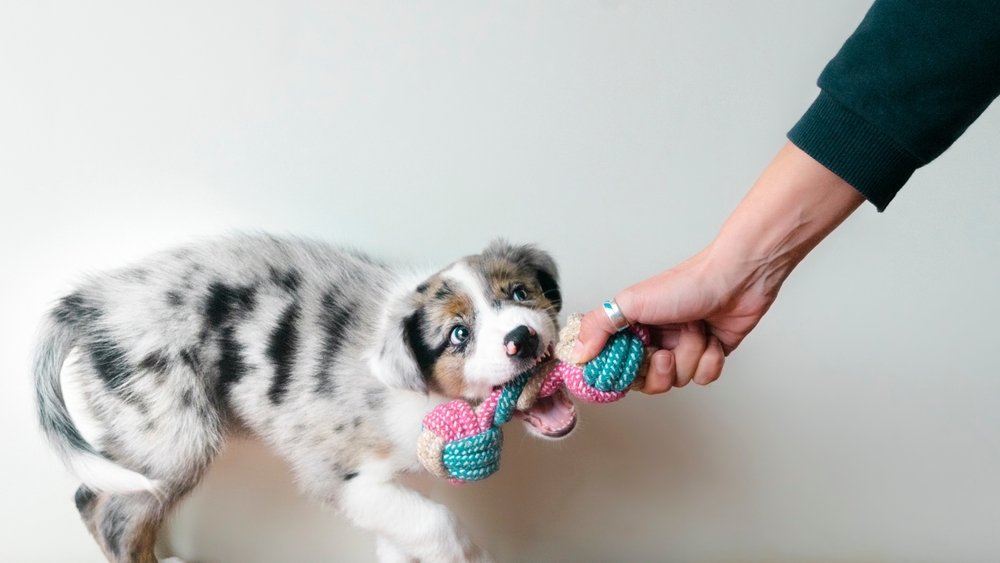
7. Speak less
There are some additional things to help pet parents be successful in their training sessions! For example, when you try to teach your pup different commands and tricks, one of the most important things you have to do is stay in tune with your furry friend.
You need to be firm but clear when you give them commands with the help of a start cue. Staying focused on them will let them know that it’s time for training and not something else.
Don’t forget that when you talk to a dog, you have to give them a verbal start cue and then remain silent until they follow your instructions.
One major mistake a lot of puppy owners make is talking to other people while teaching their dogs a new skill.
If there’s too much talking and noise, your pup might get confused and won’t know where to look or what to do. Besides that, engaging in something else will also change your tone of voice, body posture, and attitude, and the training might not go according to your plan.
I hope these tips can help pet parents because they’re approved by professional dog trainers.
If you want to read something else from Cute Animal Planet, here’s a fantastic article for you (it can help pet parents too): These 6 Human Foods Are Toxic for Dogs!

